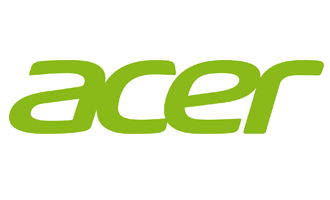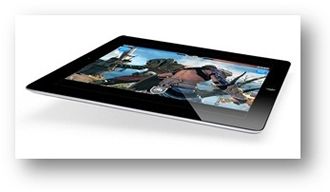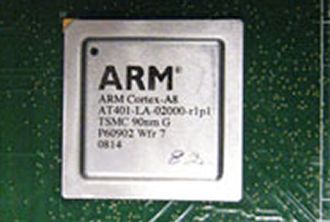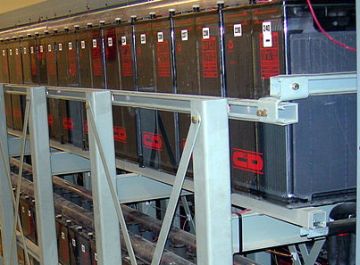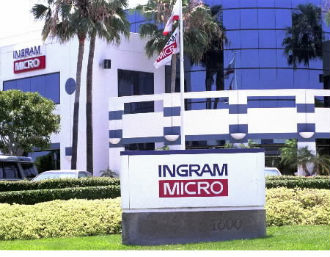 High street stores showed mixed results in their bids to win the hearts, souls and wallets of people over the Yuletide season.
High street stores showed mixed results in their bids to win the hearts, souls and wallets of people over the Yuletide season.
Debenhams didn’t do at all well and that caused its chief beancounter, Simon Herrick, to fall on his sword this morning.
The John Lewis Partnership, which is a sort of cooperative, said its sales for the period were up 6.9 percent from the same Christmas period the year before. But it did particularly well on the interwibble front – in the five weeks to the 28th of December last its sales rose by over 22 percent.
Debenhams is in the slough of despond, however. It issued a profits warning for the next six months.
Obliquely, the John Lewis news is bad news for chip giant Intel too. Many people are using smartphones and tablets to buy online rather than wait for their X86 based machines to boot up.


